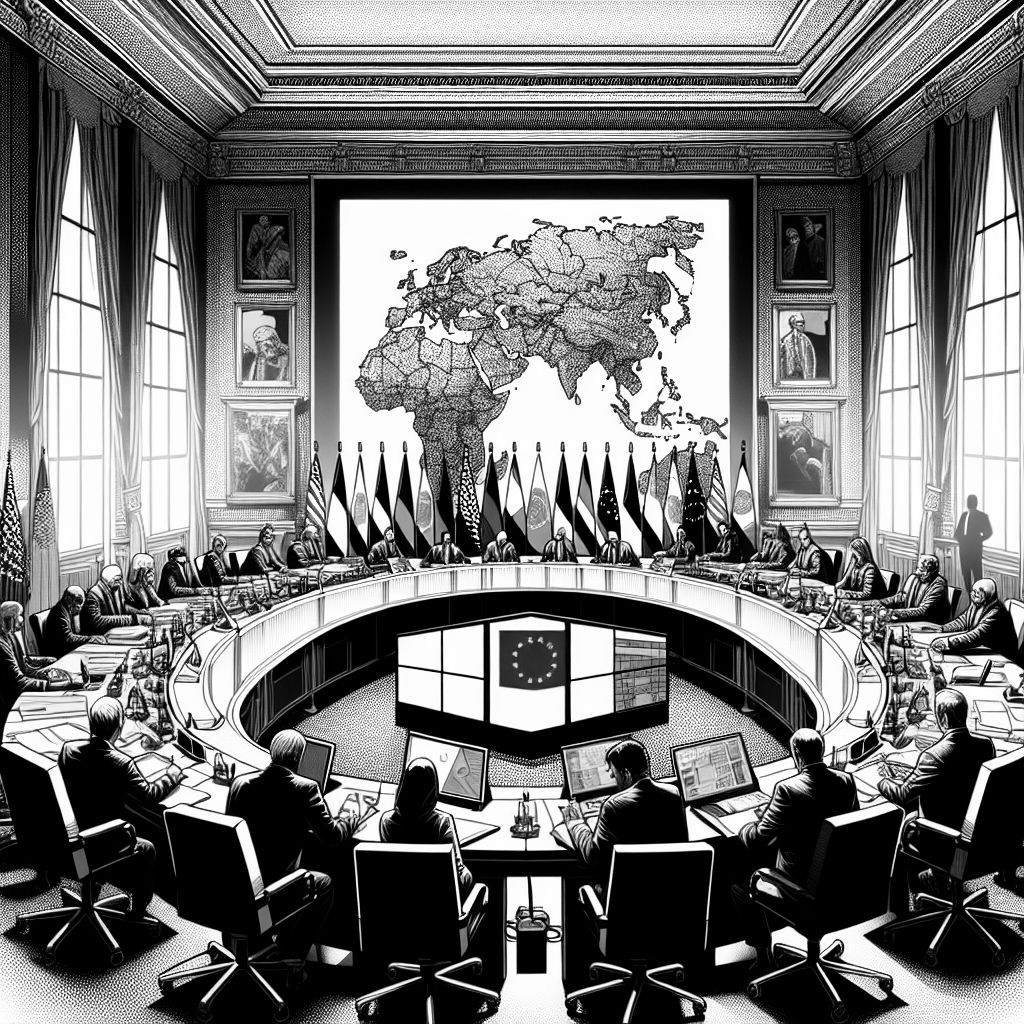BRUSSELS / LONDON (IT BOLTWISE) – The European Union is facing a challenge: the repatriation of Afghans without a right of residence should be made more efficient. A letter initiated by the Dutch government and signed by 20 EU states calls for increased cooperation. Germany is even negotiating with the Taliban, which is causing international controversy.
Today’s daily deals at Amazon! ˗ˋˏ$ˎˊ˗
The European Union is faced with the urgent task of intensifying the repatriation of Afghans without residency rights. A letter initiated by the Dutch government and signed by 20 EU states illustrates the common position that repatriation, both voluntary and forced, must be addressed as a collective task at European level. The focus is particularly on people who are viewed as a threat to public order or national security.
Last year, 22,870 Afghans in the EU received a return decision, but only 435 actually returned to their home country. This discrepancy shows the challenges that the EU states now want to address as a united front. Germany plays a central role and is in advanced talks with the Taliban to facilitate returns. However, these negotiations are controversial because the Taliban are internationally isolated, particularly because of their human rights violations.
Germany has already repatriated Afghans to their homeland twice with the help of Qatar, although formal diplomatic relations with the Taliban are officially suspended. This pragmatic approach shows that Germany is prepared to take unconventional approaches to make repatriation possible. The European community of states, under Belgian leadership, is now looking for viable solutions to this complex challenge.
Signatories to the letter include both large and small nations such as Germany, Estonia, Italy and Poland. Norway, which is not a member of the EU but an active partner within the Schengen area, is also taking part in this initiative. This broad support shows that the issue of repatriating Afghans is a high priority on the European agenda.
However, negotiations with the Taliban are not without risk. Critics warn that such talks could weaken the Taliban’s international isolation. Nevertheless, Germany sees these negotiations as an opportunity to speed up repatriation and at the same time increase security in Europe. The EU states are faced with the challenge of finding a balance between humanitarian obligations and security policy interests.
*Order an Amazon credit card with no annual fee with a credit limit of 2,000 euros! a‿z
Bestseller No. 1 ᵃ⤻ᶻ “KI Gadgets”
Bestseller No. 2 ᵃ⤻ᶻ “KI Gadgets”
Bestseller No. 3 ᵃ⤻ᶻ “KI Gadgets”
Bestseller No. 4 ᵃ⤻ᶻ «KI Gadgets»
Bestseller No. 5 ᵃ⤻ᶻ “KI Gadgets”


Please send any additions and information to the editorial team by email to de-info[at]it-boltwise.de. Since we cannot rule out AI hallucinations, which rarely occur with AI-generated news and content, we ask you to contact us via email and inform us in the event of false statements or misinformation. Please don’t forget to include the article headline in the email: “EU states are calling for increased returns of Afghans”.
